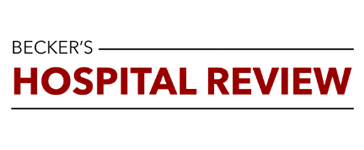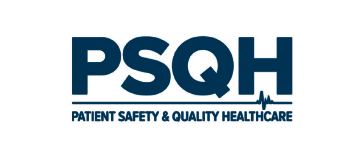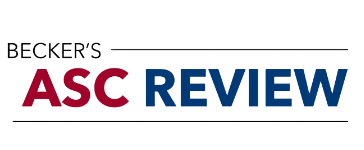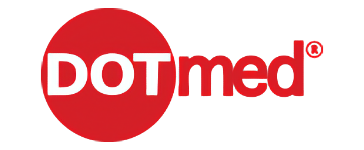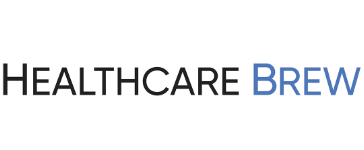Your health system can transform its supply chain strategy more quickly and efficiently with the right dedicated supply chain professionals. The right expertise enables you to reduce supply chain costs while keeping clinical quality your number one focus. One key role is that of the Clinical Resource Program Manager.
Understanding Clinical Resource Program Management
Through Clinical Resource Program Management, Advantus Health Partners addresses the clinical barriers that impact a successful product introduction with a team that possesses firsthand experience and expertise. That’s why our Clinical Resource Program is built by clinicians.
Our Clinical Resource Program Managers (CRPMs) are certified clinicians with years of experience in clinical settings. They collaborate with you directly in the hospital setting, translating decisions made by value analysis — all the while improving engagement and driving positive impact on patient outcomes.
Advanced Health Partners’ Clinical Resource Program Management is a Clinical Transformation solution with two levels of engagement. Depending on your needs, Advantus offers two levels of service:
- Program Development – Use our expertise to build your own CRPM program, staffed by you.
- Staffed CRPM – We’ll provide you with a trained CRPM on the Advantus team.
Building Clinical Relationships Through Supply Chain
Advantus Health Partners’ CRPMs take decisions made through value analysis and make them a reality. They leverage strategic partnerships to ensure a successful value analysis program — from inception to implementation to contract compliance — all while maintaining a steadfast commitment to quality assurance.
Our CRPMs support health care systems seeking an improved supply chain initiative process. If you aim to optimize your value analysis model, achieve savings through contract compliance, and garner clinical buy-in, our solution is tailored to meet your needs.
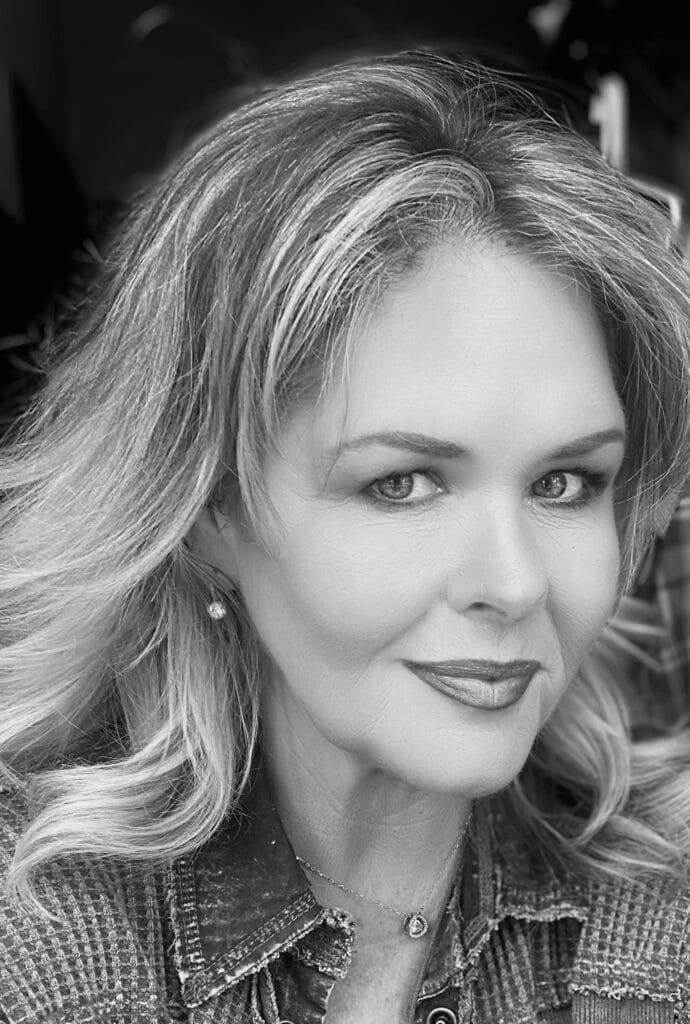
Discover the Role of a CRPM
To dive deeper into the realm of Clinical Resource Program Management, hear what our nurse leaders say about their role at Advantus. Our Clinical Resource Program Managers Angela McConnell, MHA, BSN, RN, and Mike Osterbrock, RN, BSN, share how they bring their expertise as nurses into supply chain.
- Why did you become a nurse?
Angela
It’s been a very rewarding career, and during the last 29 years many doors have opened for me that would not have opened in any other field. I’m blessed and grateful for all of it. As it turns out, my roles over the years permitted me to use both nursing and finance, so I’d say I’ve been very fortunate.
Mike

When I left active duty in the Army and joined the National Guard, I decided to become a combat medic. I was inspired by the medic in my platoon while I was deployed. That was one of the best decisions I ever made. The fast pace and critical thinking challenges of prehospital medicine really drew me in. Nursing was the next logical step for me, and it also allowed me to continue serving others. I spent most of my nursing career working in an ICU stepdown unit and MSICU, critical care was where I belonged, and I enjoyed the challenge of the patient acuity but also being able to help patients and families during those difficulty times.
- How would you describe your role?
Angela
I am the person that connects the dots for the physician offices and specialty practices to help them get the most equitable supplies for patients without compromising the quality of care. I serve as a liaison to clinical staff in the almost 1,200 non-acute sites for a health system client. My role is to facilitate the stewardship of resources by aligning these non-acute sites with current agreements and contract pricing for clinical items used in patient care. I coordinate education, field physician and staff concerns, and develop implementation plans for product conversions.
Mike
As CRPM I get to act as an advocate for the clinical teams I cover at my sites. I have the opportunity to be a voice for the clinicians looking to improve their practices by helping to bring in new products that can have a positive impact on patient outcomes. At the same time, I get to assist hospital leaders in triaging those requests and ensuring they have all the pertinent information necessary to make the best decisions possible and maintain their various service line objectives. I manage projects at the site level related to conversions and product integration. That work allows supply chain leaders to standardize products and consolidate SKUs along with giving nursing and education leaders the opportunity to streamline new hire onboarding. Less variation in products increases end user familiarization and proficiency contributing to a positive impact on patient outcomes and experience.
- What is the best thing about being a nurse in supply chain?
Angela
I like to think of my role as a culmination of everything I’ve done to this point. I’ve spent almost 30 years in high-acuity, academic clinical settings, inpatient, outpatient, and procedural areas in both clinical and leadership roles. I’ve had the pleasure of working with surgeons, anesthesiologists, primary care physicians, hospitalists, nurses and many physician extenders and support staff across the continuum. I completely understand the clinical challenges frontline staff face, but also understand the 30,000-foot view and can interpret the financial rationale of decisions associated with a corporate strategy. I am blessed to now take all my years of experience and apply the things I’ve learned to help people in the non-acute space perform their difficult jobs every day. Whether I’m helping a large group of people implement a supply conversion or if I’m assisting a new leader with a capital request, I get to use all the skills I’ve acquired over my incredible career.
Mike
As a nurse, my number one priority is to positively impact patient outcomes and experience. In my current role, I can still have a positive impact but on a larger scale. I can apply my clinical experience and expertise in assisting the supply chain/operations teams with product conversions, back-order scenarios, or when clinicians have product concerns. Being able to have a clinical conversation with end users helps me to understand the concerns of our clinicians and allows me to gather valuable information I use when communicating those concerns to the hospital and supply chain/operations leaders. Just as I was attracted to health care by the problem-solving aspects of critical care, I still get to scratch that itch in the supply chain world.



